最新文章
文章分类
归档
2007 (76)

正文
有水必得有桥。圣彼得堡是座水城,自然成就一座桥城。
这座年轻的城市建于一片沼泽之上,仅有300多年的历史,竟由400多座桥梁连接一气。
54
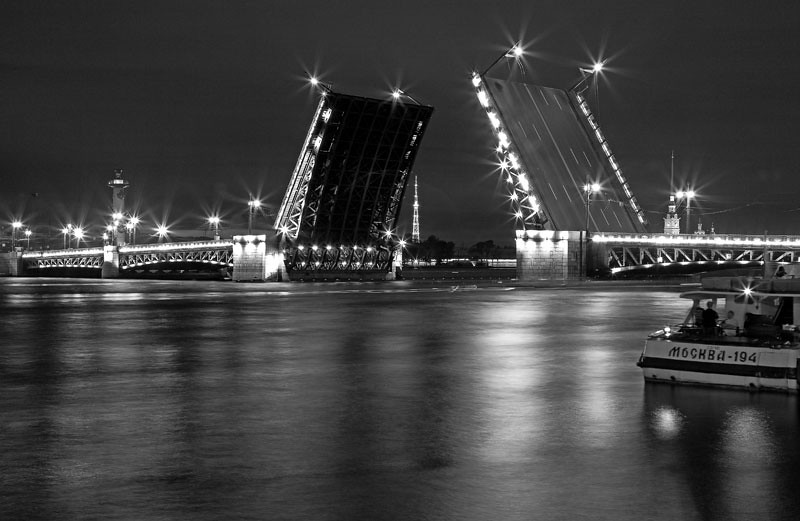
每年的5月至10月间,城市水运主航道上的21座桥在清晨2点左右至6点间依次打开,关闭,形成一番豪壮美景。
55
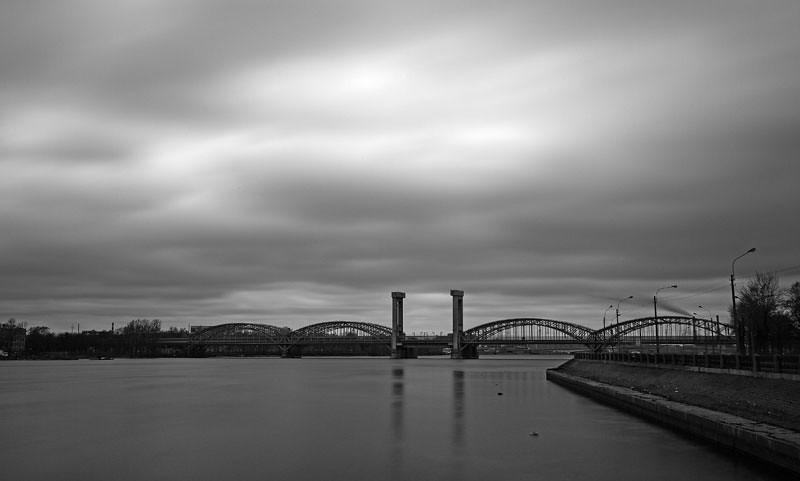
56
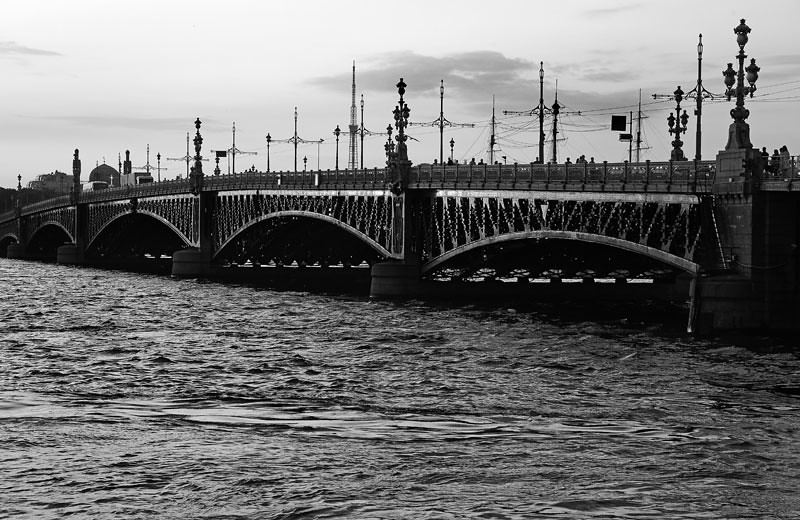
57
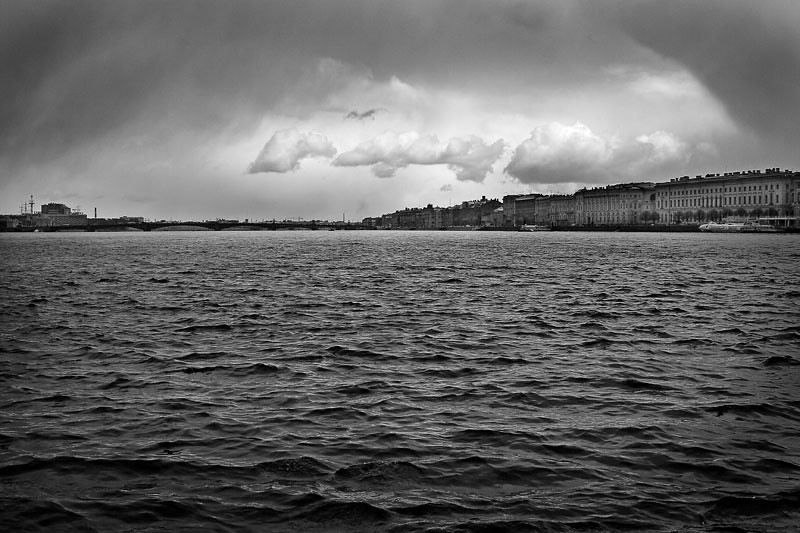
我喜欢看云,拍云,走过许多地方,除了中国西部强劲浓厚的云层给人无限遐想,恐怕就是俄罗斯的上空最让摄影人振奋了。如果仔细品味俄罗斯本土画作,其中八九都有着苍劲浓郁富有戏剧感的天空。
58
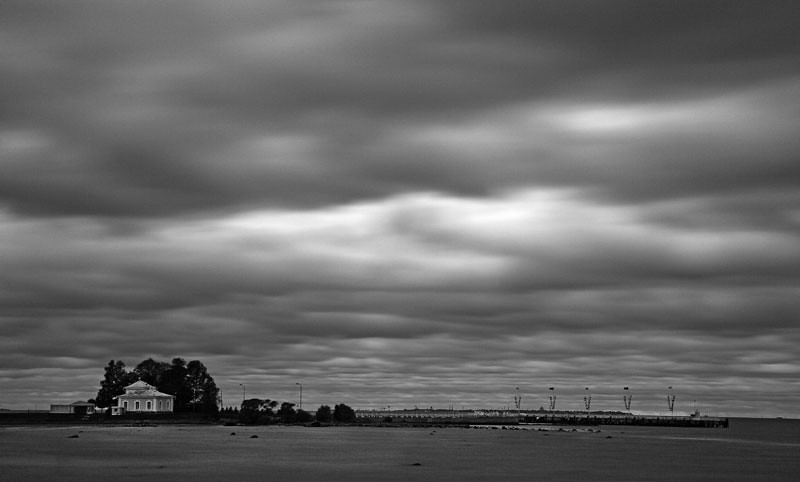
59
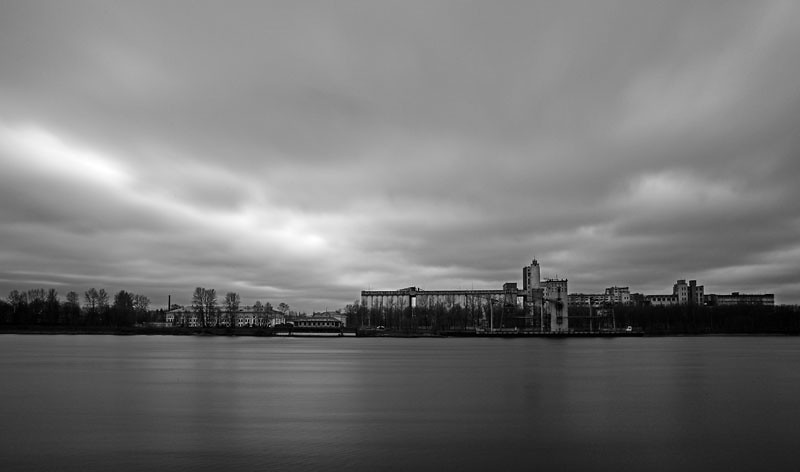
60
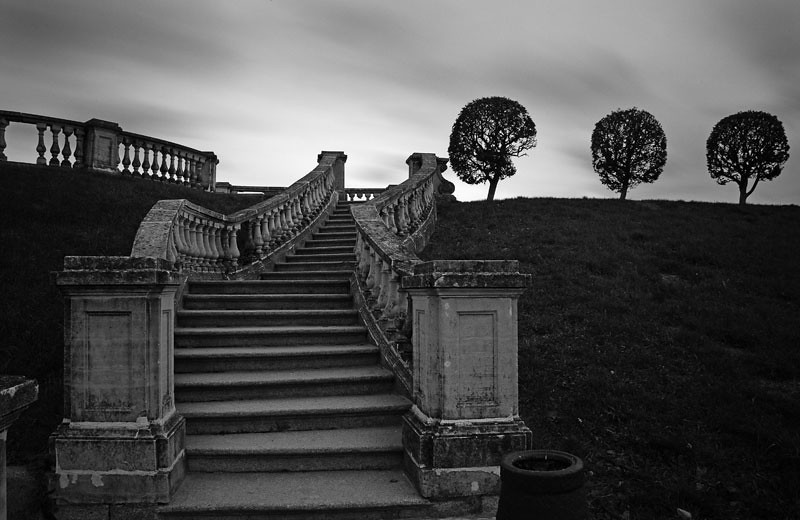
61
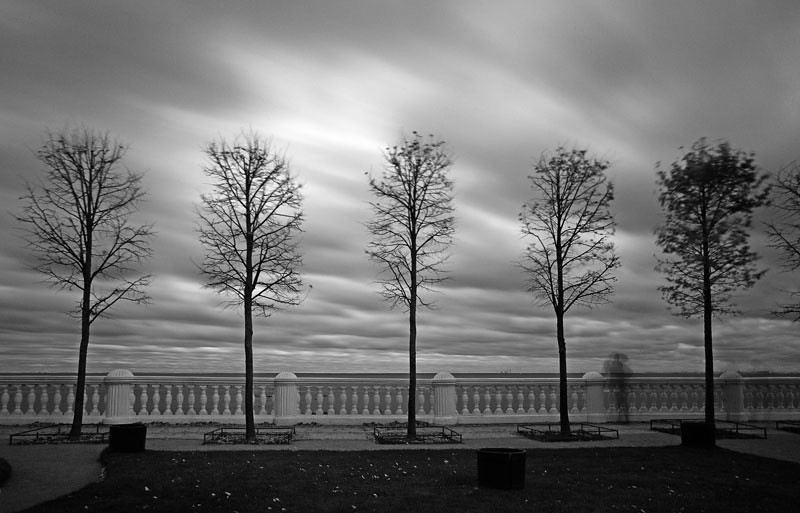
62
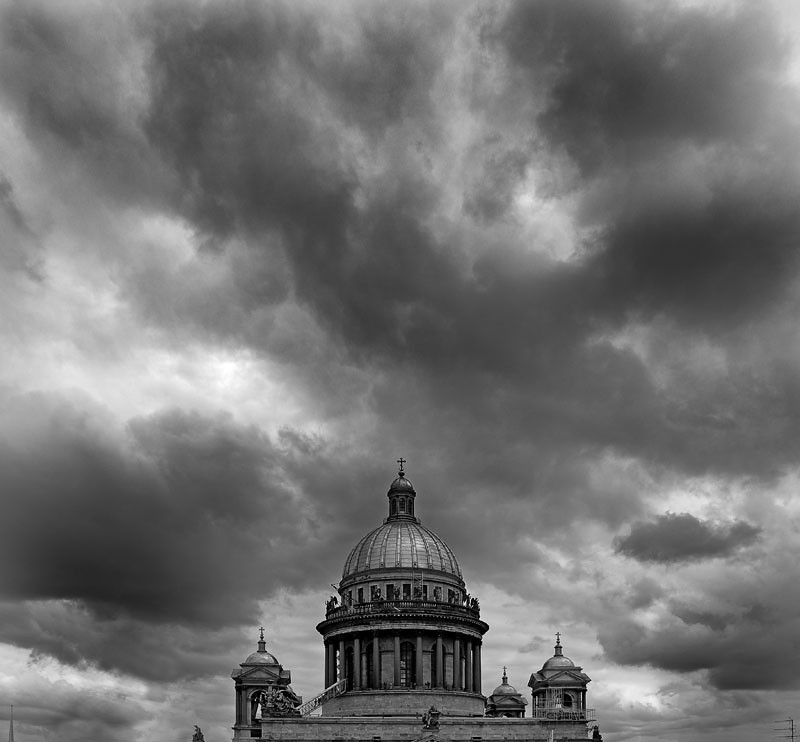
曾有次与德国朋友聊天,被问到如何评价俄罗斯人。想了想,我说:他们的确是那片天空下的子民。
63
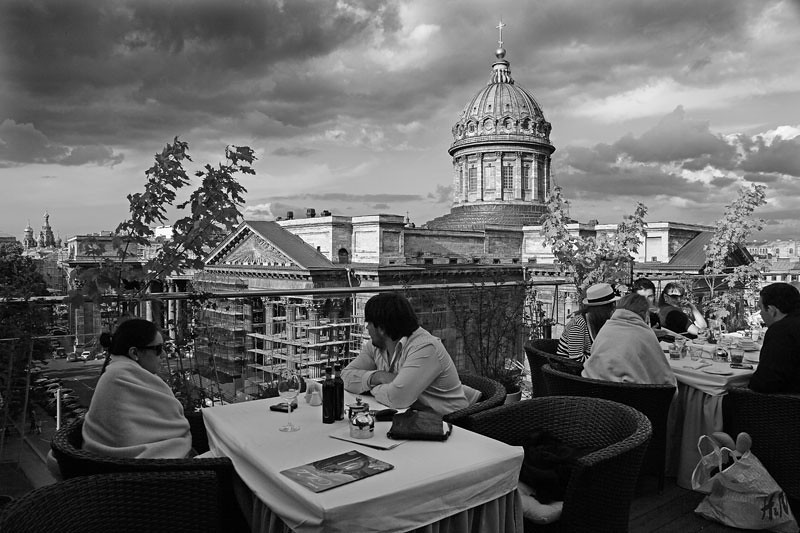
64
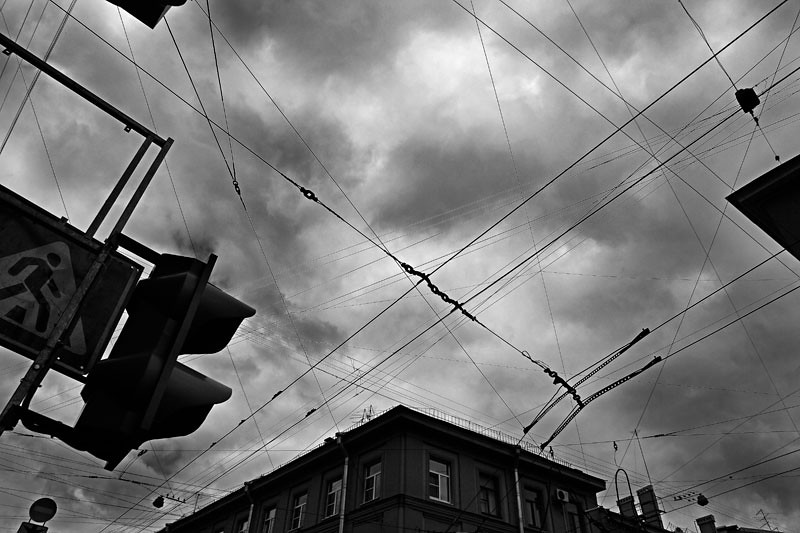
65
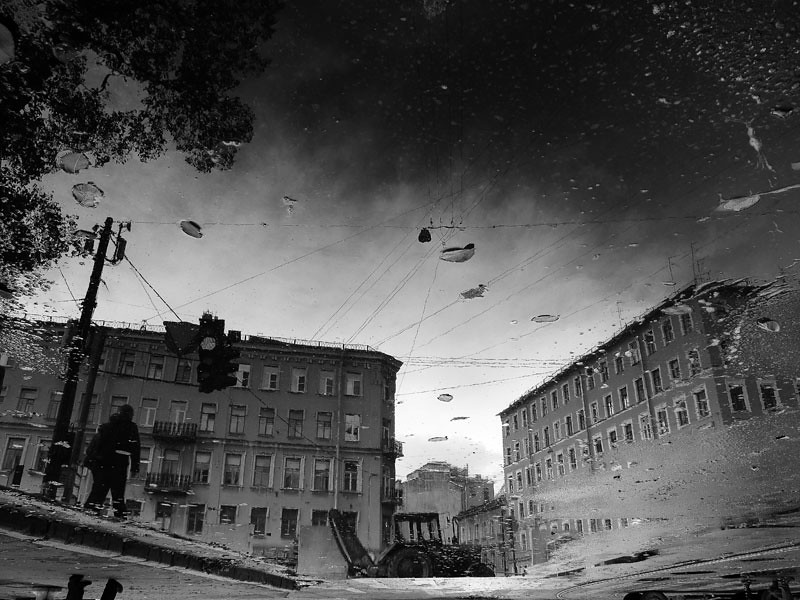
66
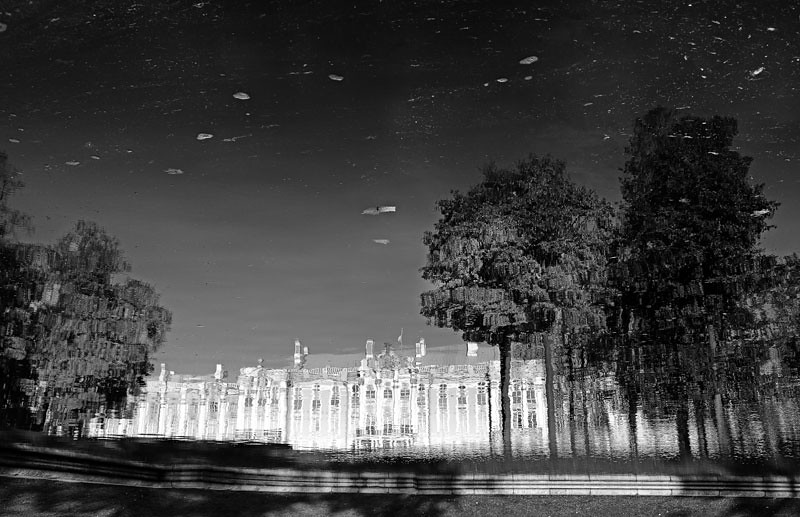
67
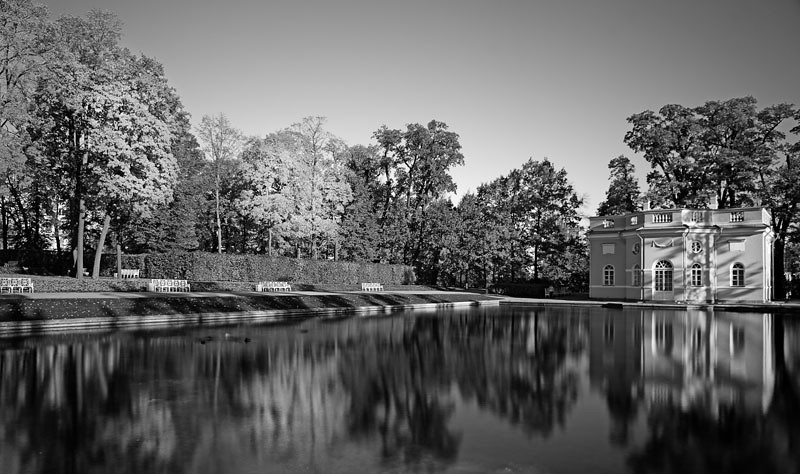
68
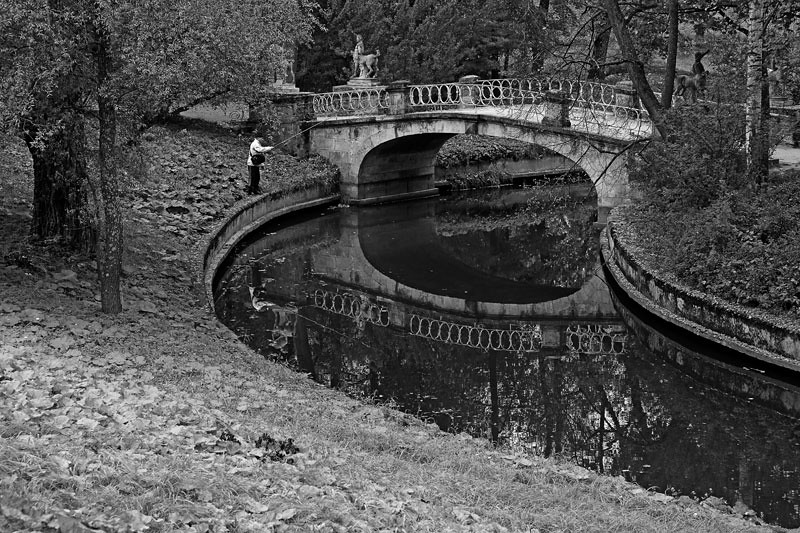
69
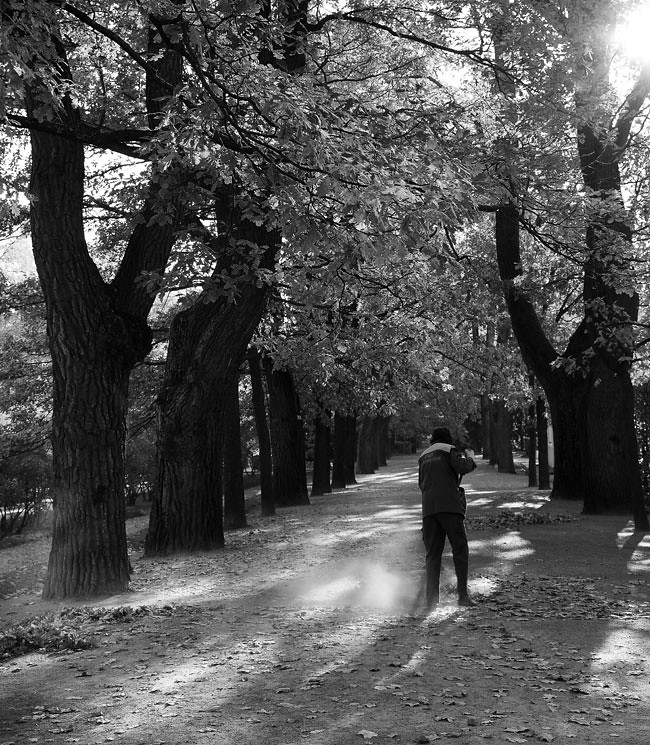
70
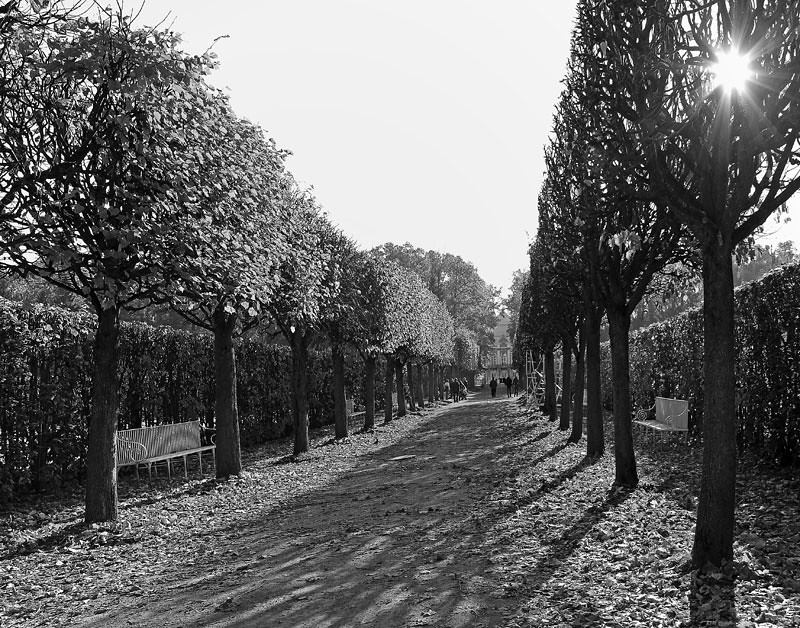
71
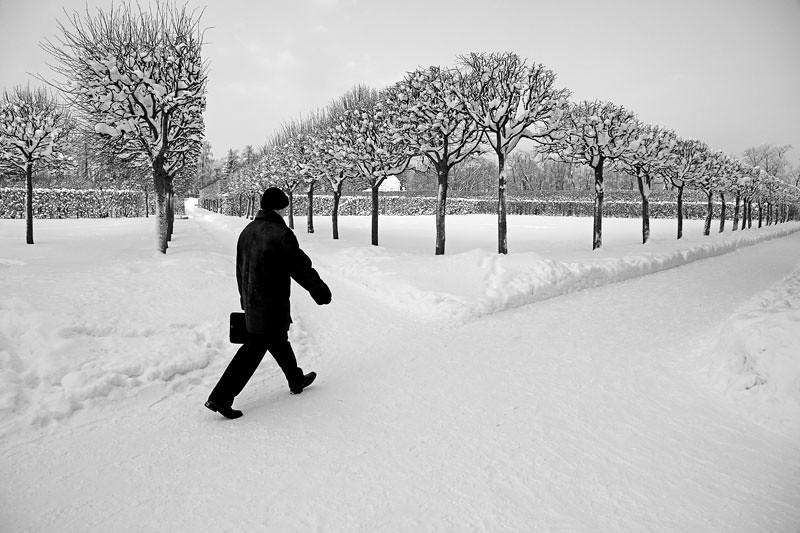
72
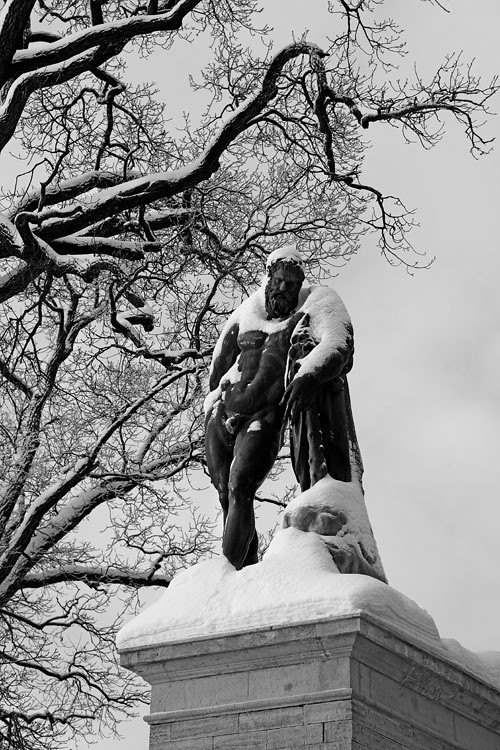
73
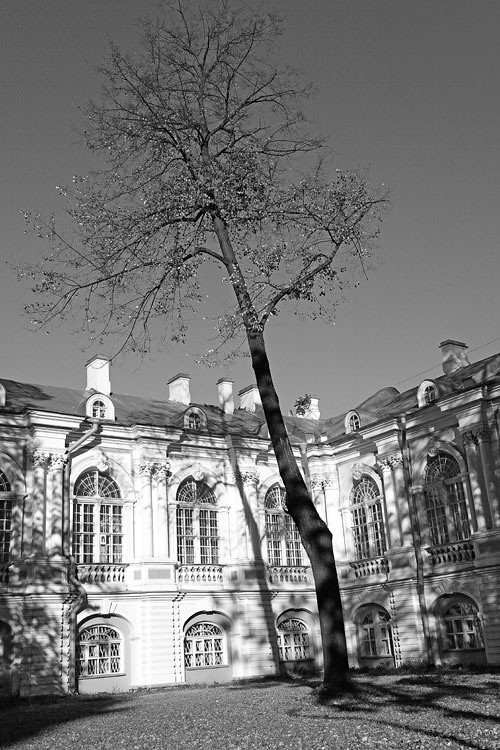
74
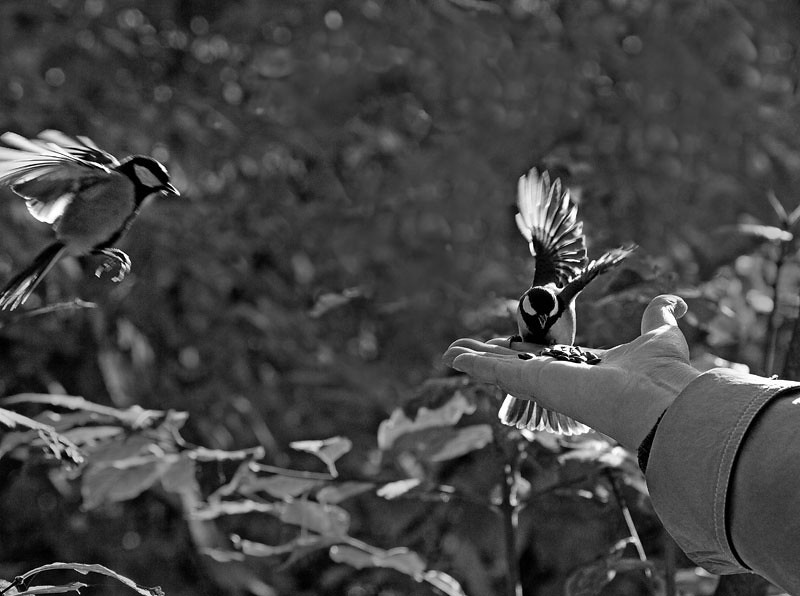
75
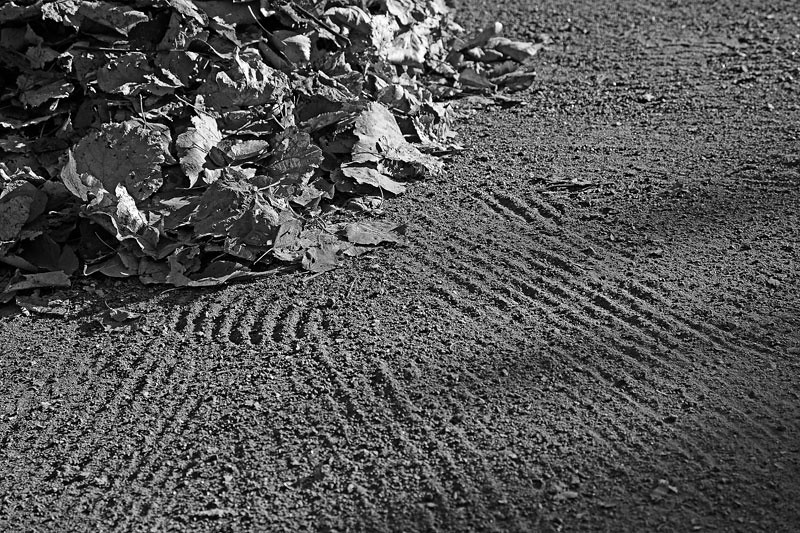




yeah, I am a huge fan for Russian literature ( before 1917) and movies (before 1989). I have been to St Petersburg three times. I took thousand pictures there and most of mine were for architecture and landscape only. I love yours more...I was exhausted every time. Next time if I go there, I won’t take my camera (I don’t think I can do this, hahahahahaha).
Thanks again! I had a very good time in your blog and I will continue enjoy your posts, past and present ones...
呵呵,没想到你那么感兴趣俄罗斯历史及文学文化。我其实是因工作关系不断接触,进而一点点去了解的,当然有意识地。看过Doctor Zhivago 1965 好莱坞版电影?其中有段对话让我深有感触,日瓦戈医生和他那同父异母的哥哥见面,哥哥想说服他参加红军革命,日瓦戈想了想说:作为医生,在我们治病救人前必须先保证病人的生命,如果生命没有了,一切都是徒劳的。我不清楚你们的革命,但是你们把一切都砸烂了,还有什么可以进行下去的呢?(大概这个意思哈)
当时我突然想到了咱们的文化大革命,还有89年苏联的解体。。。前者,我们扼杀了一切人性的美好,这个国家幸存了,但是衍生出今天国内几乎变态的社会情况。后者,他们散了,那个国家也从此不再。。。
说多了,本来不想讨论政治的。
I just had a quick flash in my mind for what I have read in the past from Russian literature. You are so right: 富人当然只写些贵族间的故事,即便有穷人的世界,也是通过富人的眼睛看到的,又和穷人从自己的角度描述不同。
In any case Russia's upper classes oscillated between sympathy and hatred for the peasantry. Many landlords were brutes.
Turgenev was among the first writers to insist that the peasants had much to teach the intelligentsia. Memories of childhood helped. But a chasm of distrust persisted between privileged writer and poor, downtrodden peasant.
I will reread the book with your insight. Thanks...
Thank you for your reply. Natasha's Dance: A Cultural History of Russia was written by Orlando Figes, a British scholar.
In Tolstoy's War and Peace Natasha Rostova, at the end of a day's hunting, goes to a wooden hut where folk songs are played to the balalaika. Natasha twirls around. But it is not a waltz or polka she is doing. Without even thinking about it, she dances like a peasant girl.
Figes's point is that upper-class Russia was always much more "Russian" than it pretended. Members of the educated elite liked to impress each other with their European and urban sophistication; and in their palaces or salons in the cities they disdained to draw attention to their rural connections.
Still can not change your idea: "娜塔莎那段舞在电影里并没有达到你描述的那样效果..."?
Thanks for the discussion! It's very interesting, isn't it. Actually, I love Pierre Bezukhov most in War and Peace.
再次谢谢你的评论和讨论。娜塔莎那段舞在电影里并没有达到你描述的那样效果,我想,但看皮艾儿煞有介事地在阵地上转悠那段倒是有类似的感觉了。显然,旧时代的俄罗斯穷人和中国穷人一样,对“体面的有教养的有钱人”充满了羡慕和敬仰。
我曾经提过,俄罗斯曾经的文化是富人文化,因为以前只有富人才有能力接受教育,跟我们的科举制度,通过读书改变人生完全不一样。富人当然只写些贵族间的故事,即便有穷人的世界,也是通过富人的眼睛看到的,又和穷人从自己的角度描述不同。
"Taking its title from a scene in Tolstoy's War and Peace, where the young countess Natasha Rostova intuitively dances a peasant dance, the book "Natasha's Dance" explores the tensions between the European and folk elements of Russian culture, and examines how the myth of the 'Russian soul' and the idea of 'Russianness' itself have been expressed by Russian writers, artists, composers and philosophers."
Sadly, I couldn't find the scene in Russian version of movie "War and Peace" from website. If you have watched the movie, you would be very impressed.
Many thanks for sharing. I simply love these pictures.
"曾有次与德国朋友聊天,被问到如何评价俄罗斯人。想了想,我说:他们的确是那片天空下的子民。" What a description!
Russia was described by Winston Churchill as "a riddle wrapped in a mystery inside an enigma". It was a conventional thought, eccentrically expressed.
Russian high culture and its conundrums ravished the western 19th-century imagination. The novelists Turgenev, Tolstoy and Dostoyevsky conquered Europe. Even Turgenev, whose prose was carefully coutured, depicted the sharp edges of Russian life. Tolstoy and Dostoyevsky, though, were out on their own. Their characters - aristocrats, Caucasian tribesmen, drunkards, prostitutes and soldiers - gambled, sang and philosophised in each other's company.
-words from a review for a book callled Natasha's Dance: A Cultural History of Russia.
It's a brlliant book.
照片一如既往地棒!期待看到更多。